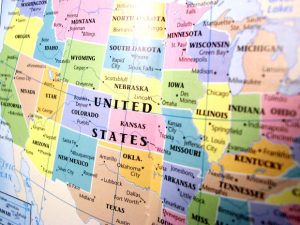Should the World Health Organization recommend governments reclassify marijuana from its current designation as a dangerous, addictive Schedule I controlled substance, incapable of providing any medicinal relief to anyone? In the US., seeing as 30 states plus Washington D.C. now have some legalized form of it, it certainly seems about time. t’s about time to have the public weigh in.
The U.S. Food and Drug Administration (FDA) issued a release soliciting public comment regarding the potential or actual abuse, medicinal uses, trafficking dangers and impact of scheduling changes on its availability for medical use of marijuana (as well as a number of other substances that are currently being reviewed internationally) for information to put in its won review to the WHO.
Why Rescheduling Marijuana Matters Continue reading
 Cannabis Law Group's Medical Marijuana Legal Blog
Cannabis Law Group's Medical Marijuana Legal Blog













